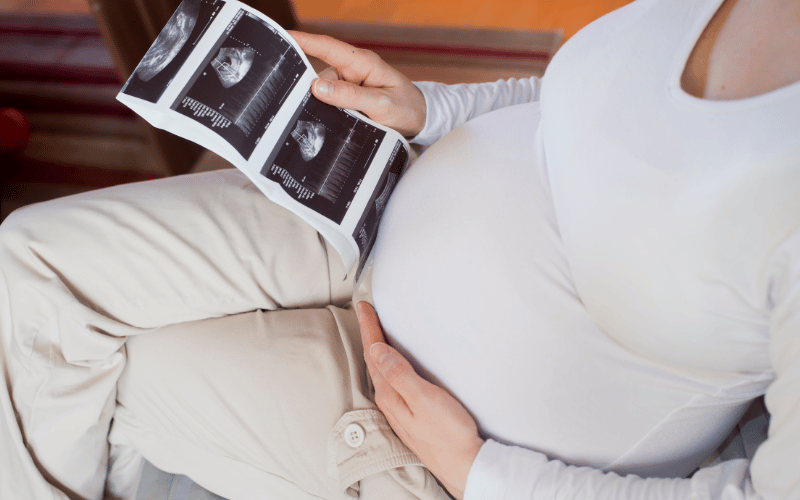13. Pregnancy and Sleep Apnea: An Unspoken Concern

The joys of expecting a child bring along several changes in a woman’s body. Surprisingly, one lesser-known factor is the increased risk of sleep apnea. Hormonal shifts, weight gain, and even changes in sleeping positions can contribute to sleep disturbances during pregnancy.
During pregnancy, increased estrogen and progesterone levels can cause the muscles, including those in the throat, to relax. This relaxation can contribute to narrower airways during sleep, increasing the risk of apnea events.
Weight gain is another significant factor. While it’s natural and expected during pregnancy, increased weight can put pressure on the diaphragm and lungs. This additional weight may exacerbate existing sleep apnea or serve as a catalyst for new cases.(13)